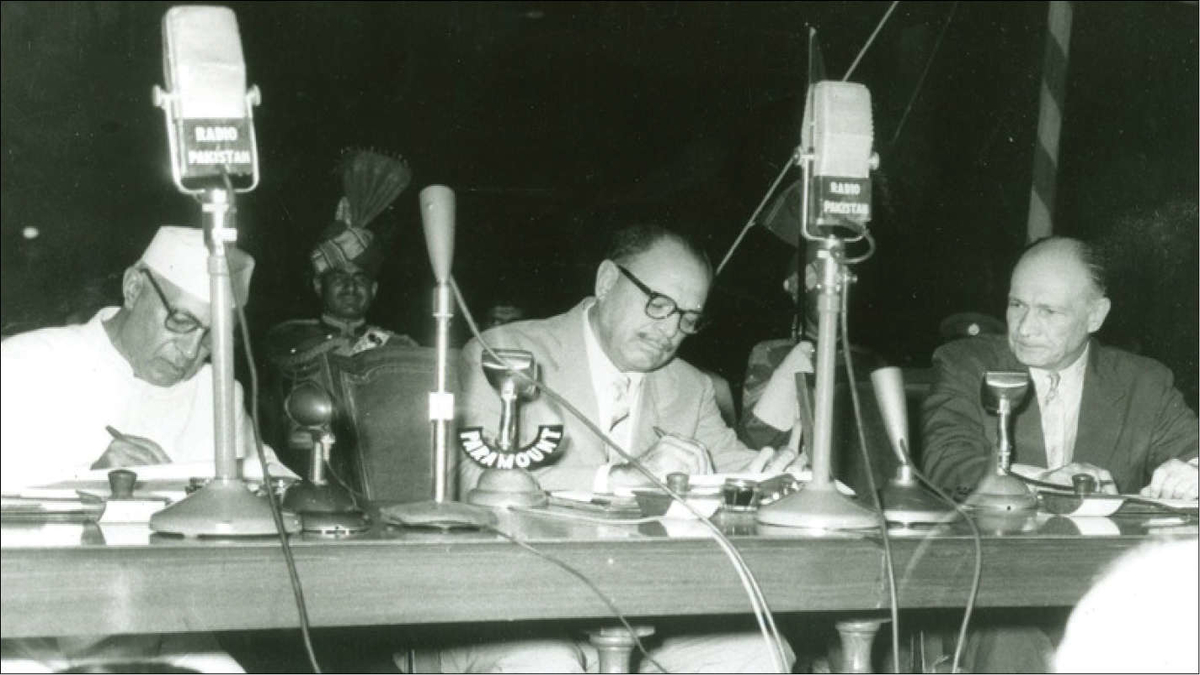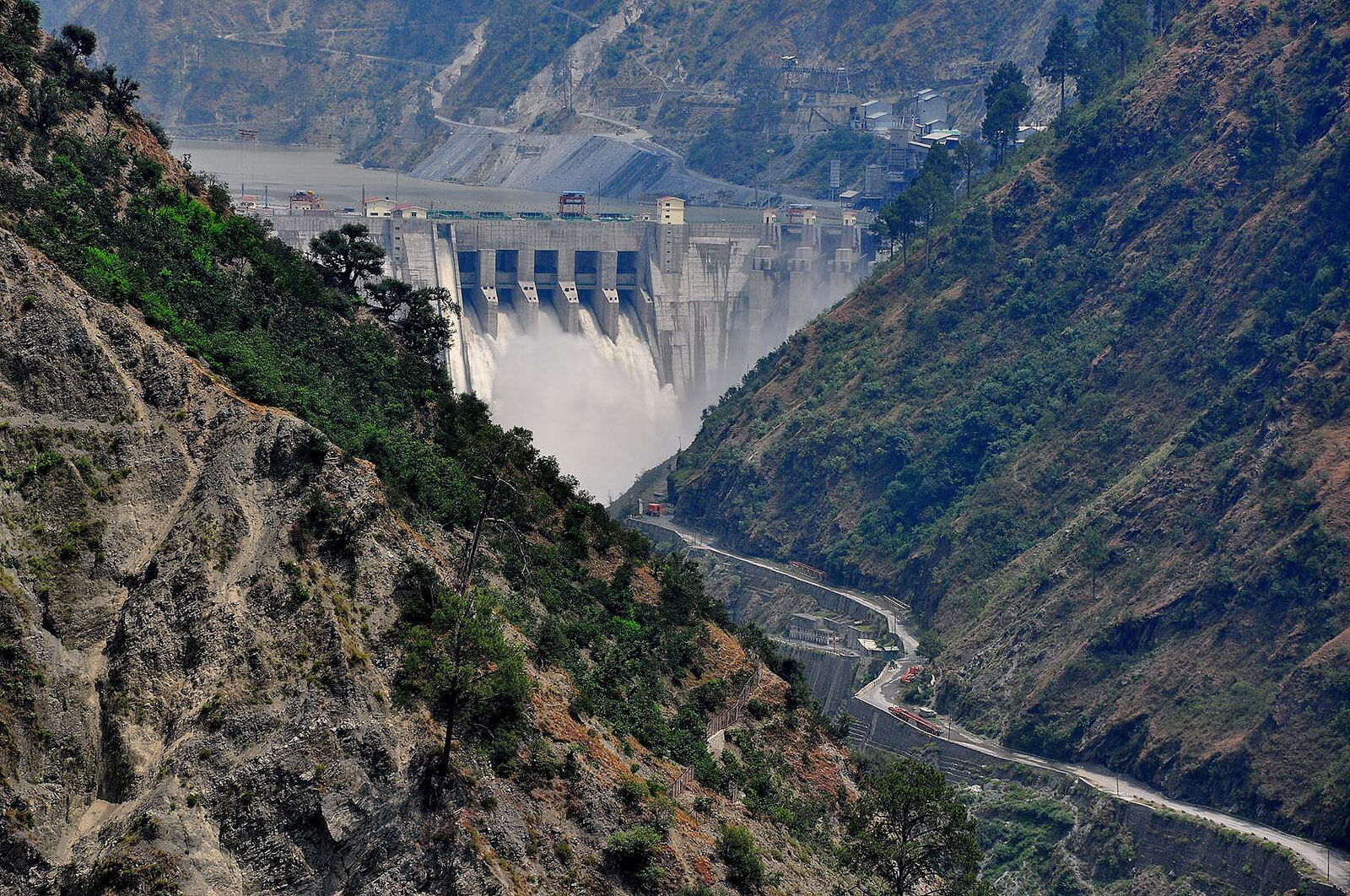During the 117th Meeting of the Permanent Indus Commission in Islamabad from March 1-3, India dismissed Pakistan’s concerns about its hydropower projects, saying they are in full compliance with the Indus Waters Treaty.
Islamabad raised concern about India’s 624 MW Kiru Hydroelectric Project and other hydropower projects in Pakal Dul and Lower Kalnai in Jammu and Kashmir. Pakistan also raised an objection to hydropower projects in Kiru; however, according to sources cited by Live Mint, the Indian delegation reiterated that the projects comply with the agreement. Nevertheless, India said that it remains “open to discussions and suggestions and can consider examining any practical suggestion within the realm of the position on the ground and without compromising on her rights as provided under the treaty.”
Apart from expressing their concerns, both sides also exchanged hydrological and flood data.
The Indus Waters Treaty was signed between the two neighbours in 1960 and was brokered by the World Bank. The agreement aims to provide a mechanism to address any issues between India and Pakistan relating to the Indus river system, which comprises six rivers—Indus, Jhelum, Chenab, Beas, Ravi, and Sutlej—that pass through the disputed Kashmir region.

As a result of the treaty, Pakistan was given unrestricted access to Indus, Chenab, and Jhelum, while the other three were allocated to India. Consequently, 80% of the share of water in the river system was given to Pakistan, leaving merely 20% for India. Nevertheless, India has been allowed to use the three western rivers for non-consumptive, agricultural, and domestic uses.
The signing of the treaty also led to the establishment of the Permanent Indus Commission, which has successfully resolved several disputes in the past. In case the Commission is unable to resolve the differences, the two sides can also approach the World Bank as a “Neutral Expert.”
Nevertheless, there have also been points of contention. In 2007, India ignored Pakistan’s objections and continued the work on the Kishanganga dam in Kashmir and the Ratle hydroelectric power project on the Chenab river. Pakistan attempted to disrupt the construction in 2016 by firing shells at the project site.
Furthermore, although Commission meetings have traditionally been amicable, they are also subject to fluctuations in broader bilateral relations. Following the 2019 Pulwama attack, in which 44 Indian Central Reserve Police Force were killed by Pakistani state-sponsored terrorists, the two sides declined to meet. Furthermore, erstwhile Indian Water Resources Minister Nitin Gadkari threatened to stop the flow of water to Pakistan and divert water from the three eastern rivers. However, he acknowledged that this would be in violation of the Indus Water Treaty and would require approval from the Central government.

